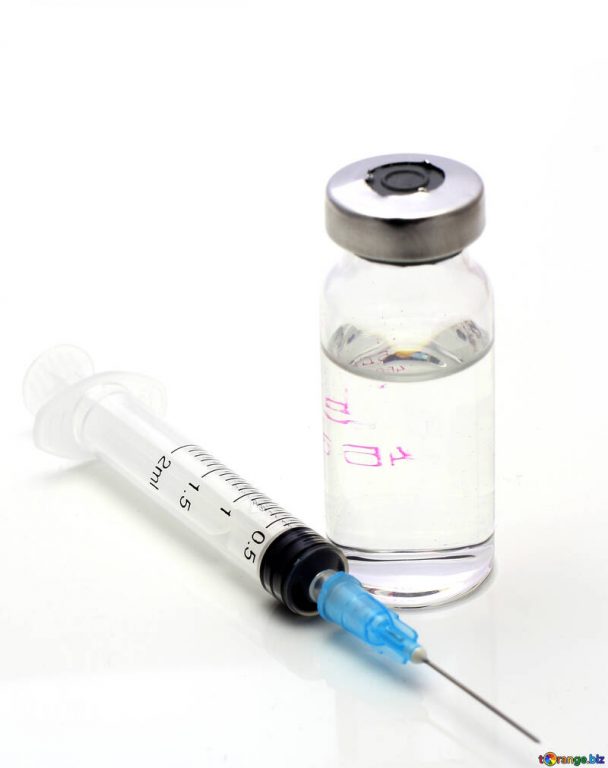A Chinese company will turn to Brazil for help. The World Health Organization (WHO) is adopting a strategy forged in a war zone during an Ebola outbreak. And the Trump administration plans to lean on existing infrastructure for testing HIV and flu vaccines. These are the disparate strategies about to be employed in the next and most important stage of the COVID-19 vaccine race: the large-scale, placebo-controlled, human trials needed to prove which of the more than 135 candidates are safe and effective.
Two such efficacy trials plan to start next month, even as the United States and global initiatives struggle to answer major questions, from what it means for a COVID-19 vaccine to work to how to find enough people exposed to the virus so a candidate can be put to a real-world test. Populations that have high levels of viral transmission are a moving target—Wuhan, Seattle, or Milan might once have been a good place to test the mettle of a vaccine, but no longer. And quickly enrolling tens of thousands of properly informed people who meet a trial’s entry criteria is a “big lift,” says Susan Buchbinder, an epidemiologist at the San Francisco Department of Public Health who runs vaccine trials.
Competition among trial efforts could hinder the global push, says Wayne Koff, who heads the nonprofit Human Vaccines Project and formerly led the HIV vaccine program at the National Institute of Allergy and Infectious Diseases (NIAID). “It’s absolutely extraordinary how much has been done in 6 months, but there’s an old adage that everybody loves to collaborate unless they want to win.” Others, however, don’t anticipate conflicts, noting that scientists and officials are sharing information about trial designs and plans. “Each one will contribute differently,” says Ana Maria Henao Restrepo, lead representative of WHO’s vaccine effort, Solidarity. “I don’t see competition.”
“Winning,” one of U.S. President Donald Trump’s favorite terms, is the clear goal of Operation Warp Speed, the U.S. project that aims to start to vaccinate millions of Americans in October and offer shots to 300 million people in the United States by January 2021. After winnowing down vaccine candidates in an opaque process over the past month and committing what could be more than $2 billion to its top choices, Warp Speed plans to enter three to five of them into efficacy trials that will have “harmonized” protocols to streamline oversight and will run analyses in central labs so data can more easily be compared.
The first Warp Speed candidate to launch, from the biotech Moderna, is composed of RNA encoding the coronavirus spike protein from SARS-CoV-2, the virus that causes COVID-19. The candidate’s efficacy trial, announced by the company on 11 June, will enroll 30,000 people and take place at established HIV and flu vaccine test sites, primarily at U.S. hospitals and universities, now overseen by Warp Speed. But which of those brick-and-mortar sites will have enough SARS-CoV-2 circulating near them to quickly produce an efficacy signal is uncertain given the shifting distribution of new cases in the United States.
China has an even starker problem: There’s currently little transmission to speak of in the country, which has forced Sinovac Biotech, a company based in Beijing, to stage efficacy trials of its vaccine candidate in Brazil, where the COVID-19 epidemic is now raging. With a product composed of the entire virus, inactivated with chemicals, Sinovac announced this week it is collaborating with the Butantan Institute, a major research institution in São Paulo that manufactures vaccines. “We are working very hard to start the trial in July,” says Sinovac Senior Director Meng Weining.
WHO proposes a different solution for Solidarity’s efficacy trials. The agency hasn’t yet announced which candidates Solidarity will test, but, unlike Warp Speed—which won’t consider Chinese-made vaccines—it is open to products from every country and has made public detailed criteria for how it will prioritize vaccines. To cope with the patchiness of the pandemic, Solidarity will adopt a strategy Henao Restrepo helped develop for Ebola vaccine trials in Guinea in 2015 and, 3 years later, in the Democratic Republic of the Congo (DRC): setting up vaccination teams that can quickly mobilize to localized outbreaks….







